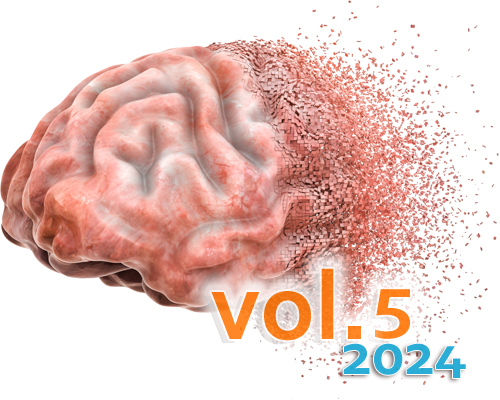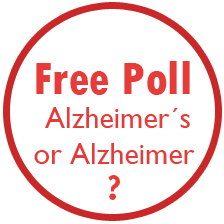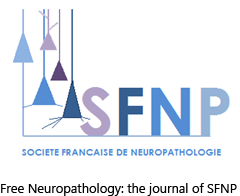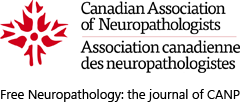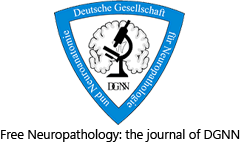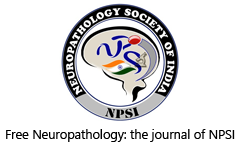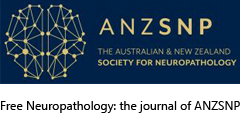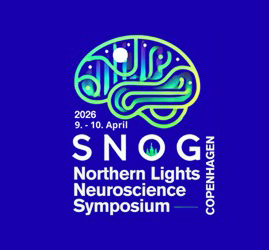HIV and COVID-19: two pandemics with significant (but different) central nervous system complications
DOI:
https://doi.org/10.17879/freeneuropathology-2024-5343Keywords:
HIV, COVID-19, HIV-associated neurocognitive disorders, Long COVID, Post-COVID conditions, NeuropathologyAbstract
Human immunodeficiency virus (HIV) and severe acute respiratory syndrome coronavirus 2 (SARS-CoV-2) cause significant neurologic disease. Central nervous system (CNS) involvement of HIV has been extensively studied, with well-documented invasion of HIV into the brain in the initial stage of infection, while the acute effects of SARS-CoV-2 in the brain are unclear. Neuropathologic features of active HIV infection in the brain are well characterized whereas neuropathologic findings in acute COVID-19 are largely non-specific. On the other hand, neuropathologic substrates of chronic dysfunction in both infections, as HIV-associated neurocognitive disorders (HAND) and post-COVID conditions (PCC)/long COVID are unknown. Thus far, neuropathologic studies on patients with HAND in the era of combined antiretroviral therapy have been inconclusive, and autopsy studies on patients diagnosed with PCC have yet to be published. Further longitudinal, multidisciplinary studies on patients with HAND and PCC and neuropathologic studies in comparison to controls are warranted to help elucidate the mechanisms of CNS dysfunction in both conditions.
Published
How to Cite
Issue
Section
License
Copyright (c) 2024 Shino Magaki, Ting Zhang, Karam Han, Hilda Mirbaha, William H. Yong, Cristian Achim, Gregory Fishbein, Michael C. Fishbein, Omai Garner, Noriko Salamon, Christopher K. Williams, Miguel A. Valdes-Sueiras, Jeffrey J. Hsu, Theodoros Kelesidis, Glenn E. Mathisen, Helen Lavretsky, Elyse J. Singer, Harry V. Vinters

This work is licensed under a Creative Commons Attribution 4.0 International License.
Papers are published open access under the Creative Commons BY 4.0 license. This license lets others distribute, remix, adapt, and build upon your work, even commercially, as long as they credit you for the original creation. Data included in the article are made available under the CC0 1.0 Public Domain Dedication waiver, unless otherwise stated, meaning that all copyrights are waived.

